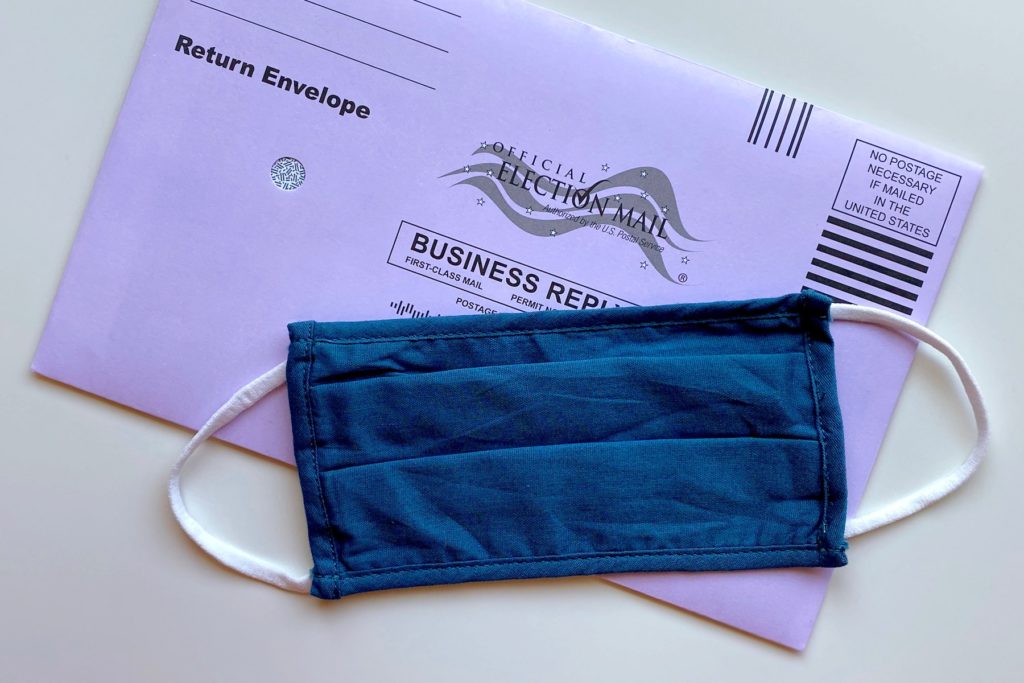Accommodations during the pandemic resulted in a widespread expansion of voting access throughout America from 24-hour voting in Harris County, TX to drive-thru voting in Arapahoe County, CO. Despite numerous officials from both sides of the aisle insisting the 2020 election was the most secure in U.S. history, the backlash to the expansion of voting access has been swift with restrictive voting laws under consideration in 43 states.
Nearly two-thirds of Americans cast their ballots by mail in the 2020 general election. Is mail-in voting the future of elections in the U.S.? What other changes due to the pandemic are likely to be permanent? Pandemic accommodations raised questions about election security. Conducting secure elections while ensuring voting rights is a delicate balance. Are state-level laws rolling back accommodations necessary, or an effort to restrict voting access?
In addition to these questions, federal legislation and Supreme Court decisions may also impact the future of voting in our country. By June, the fate of H.R. 1 as well as much of the voting and election legislation moving through the states should be known. Also, the Supreme Court recently heard challenges to two Arizona election laws involving ballot harvesting and throwing out votes cast in the wrong precinct. Their decisions on each may be released by June and may impact many other jurisdictions.
Colorado Secretary of State Jena Griswold, Catie Kelley, the Campaign Legal Center’s Senior Director for Policy and Strategic Partnerships, and moderator Peg Perl, deputy director of elections, Arapahoe County discuss the state of voting and elections in America.





